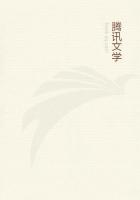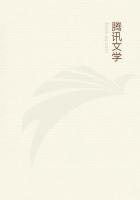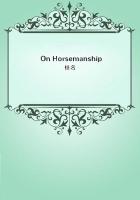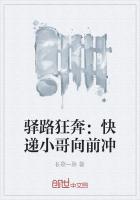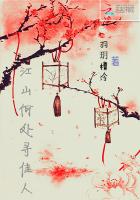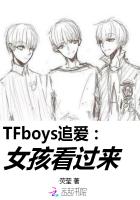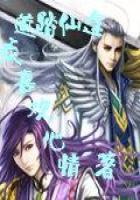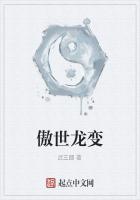§1.The classical Political Economy of this country gave to Labour a role of supreme importance in the production of wealth.From Adam Smith, Ricardo, and other authoritative exponents of the new 'science' many passages can be cited to support the thesis that labourers are the only producers.
Nor does it appear that in these utterances Labour was usually intended to include the services of organisation and management or other intellectual activities.Wealth is baldly attributed to Labour in the sense that the manual labour, which extracts raw materials from the earth, shapes and composes them, and carries them from one place to another, alone counts as a cost of production.It is natural enough that the scientific socialism of Europe should have accepted and enforced this doctrine.Though the more intelligent socialists and 'labour men' admit the necessary work of superintendence and other mental work as useful and productive, the materialism prevalent in the business world tends to relegate to a quite secondary place all the higher forms of intellectual and moral activity.
It was upon the whole, indeed, a sound instinct which thus led the early theorists to use language which attributed to manual labour the real burden of the 'costs' of production.For closer investigation attests the force of the distinction between the productive energy given out by the intellectual, the directing, and administrative classes on the one hand, and by the labouring-classes on the other.Moreover, the social as well as the economic cleavage is so distinctive a feature of our life that it would be inconvenient to ignore it.The cleavage will be found to correspond pretty accurately to the distinction between the creative and the imitative functions which we provisionally adopted for a starting point in our analysis.
For most of the productive energy given out by the artistic, inventive, professional, official, and managerial classes, which have passed under our survey, is seen to be in large measure creative, varied, interesting, and pleasurable.
Now in the labour of the wage-earning classes these qualities are generally lacking.Alike in motives and in methods, the contrast is clearly marked.
The mind of the artist or the inventor, even of the professional man or the administrator, is occupied with the work in hand, as an object of interest and of desirable achievement.The nature of the work and the conditions of remuneration conduce to fix his immediate thoughts and feelings on the performance of his work.With the labourer it is different.The conditions of most labour are such that the labourer finds little scope for thought and emotional interest in the work itself.Its due performance is hardly an end to him, but only a means to a livelihood consisting in the consumable commodities got in payment for his labour.
But the vital distinction is in the nature and method of the work done.
Whereas the artistic or inventive, or even the professional man, is constantly doing something new, the labourer continually repeats the same act or set of acts, in order to produce a number of similar products.The success of most labour consists in the exactitude and pace with which this repetition can be carried on.The machine-tender is the typical instance.To feed the same machinery with the same quantity of the same material at the same pace, so as to turn out an endless number of precisely similar articles, is the absolute antithesis of art.It is often said that the man who feeds such a machine tends to become as automatic as the machine itself.This, however, is but a half-truth.If the tender could become as automatic as the machine he tended, if he could completely mechanise a little section of his faculties, it might go easier with him.But the main trend of life in the man fights against the mechanising tendency of his work, and this struggle entails a heavy cost.For his machine imposes a repetition of the same muscular and nervous action upon a being whose muscles and nervous resources are continually changing.The machine, fed constantly with the same supply of fuel, geared up to a single constant pace of movement, forced by unchanging structure to the performance of the same operation, friction and error reduced to an almost negligible minimum, works through the longest day with a uniform expenditure of power.The machine-tender is an organism, fed at somewhat irregular intervals with different amounts and sorts of food, the assimilation of which is also discontinuous, and incapable of maintaining intact and constant in its quantity the muscular and nervous tissue and the accompanying contractions which constitute the physical supply of 'work'.This organism has also many other structures and functions, physical and mental, whose activities and needs get in the way of the automatic activity of machine-tending.Thus the worker cannot succeed in becoming altogether a machine-tending automaton.He will not always exactly repeat himself, and his attempt to do so involves two sets of organic costs or wastes, due to the fact that, though his labour tries to make him a specialised mechanism, he remains a generalised organism.
So far as labour consists in specialised routine, absorbing the main current of productive energy, it is the enemy of organic health.It is hostile in two ways, first, in denying to man opportunity for the exercise of his other productive faculties, secondly, in overtaxing and degrading by servile repetition the single faculty that is employed.
As the artist presents the supreme example of creative work, with a minimum of human costs and a maximum of human utility, so the machine-tender presents the supreme example of imitative work, with a maximum of human costs and a minimum of human utility.
§2.Some particular consideration of these costs of machine-tending will be the best approach to a more general survey of the human costs of labour.

